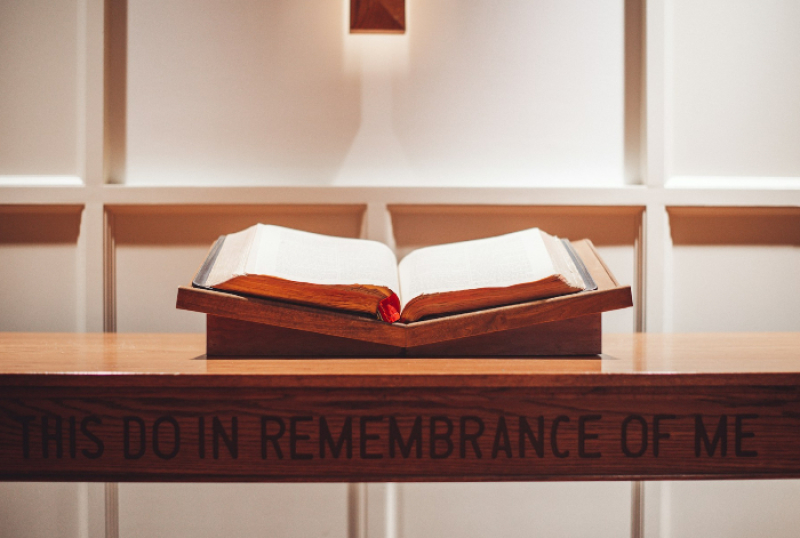
A recent study by Lifeway Research reveals that nearly half of all Evangelical pastors in the United States hold a second job outside their church ministry.
According to the research, “Forty-seven percent of Evangelical pastors work bivocationally, compared to 35% of clergy overall,” and this data was compiled from the National Survey of Religious Leaders (NSRL).
The proportion of bivocational pastors has increased from 28% in a similar 2001 survey, with the growth being especially significant among white Evangelical Protestants. Among black Protestant pastors, 35% are bivocational.
Conversely, among Catholic and Mainline Protestant clergy, bivocational work remains less common, with only 14% and 11%, respectively, reporting a second job.
For those in Catholic and Mainline Protestant groups who do take on additional responsibilities, it’s more often in the form of leading multiple congregations rather than taking secular employment. The study found that “19% of clergy from these groups now serve more than one congregation,” up from 12% in 2001.
The trend was most noticeable among Mainline Protestants (24%), Catholics (22%), and black Protestants (21%). Meanwhile, Evangelical pastors are the least likely to lead multiple congregations, with just 9%.
Two-thirds of clergy overall indicated they entered ministry after working in another field. The figure was highest among black Protestant pastors at 89%. Evangelicals and Mainline Protestants reported similar numbers, with 64% and 62%, respectively, having had prior careers outside of ministry.
Lifeway’s findings also support NSRL data showing many pastors do not start their careers in ministry. The study noted that “60% of senior Protestant pastors worked 10 years or less in a non-ministry field before entering the clergy.” Additionally, 70% of senior pastors began their ministry careers in other roles, with 44% starting as youth or student ministers, and 42% as assistant or associate pastors.
Smaller numbers began as children’s ministers (16%) or held other ministry positions (18%), and 30% reported no prior ministry experience before assuming their current role.
The survey also revealed that only one in four U.S. clergy were members of the church they now lead. This figure was slightly higher among black Protestants (37%) and Evangelicals (27%), but remained rare among Catholics (3%) and Mainline Protestants (5%).
Regarding education, 81% of pastors have at least a bachelor’s degree, and 59% hold a graduate degree, with nearly 48% earning a Master of Divinity or an equivalent professional degree. Among Mainline Protestant pastors, the percentage with graduate degrees is even higher at 85%, including 84% with an M.Div.
For black Protestant Pastors, 39% have an M.Div., 13% hold another graduate degree, 16% have a bachelor’s degree, and 32% have less than a college degree. Evangelical Pastors report similar credentials, with 38% having an M.Div., 8% with a different graduate degree, 32% with a bachelor’s degree, and 22% without a college degree.
In comparison, the U.S. Census Bureau reports that only 38% of the general population over age 25 have a bachelor’s degree or higher, including only 14% with a graduate degree.



















